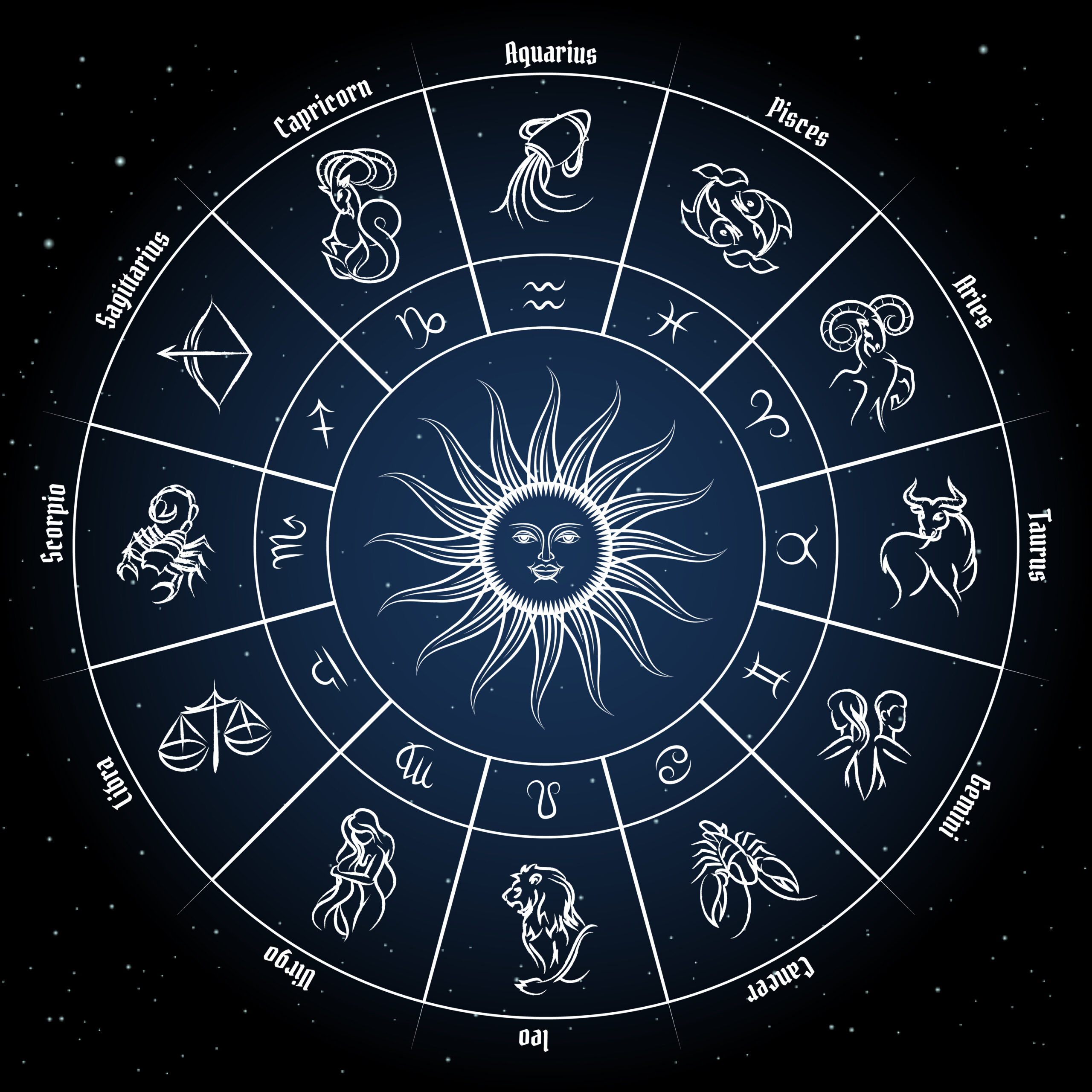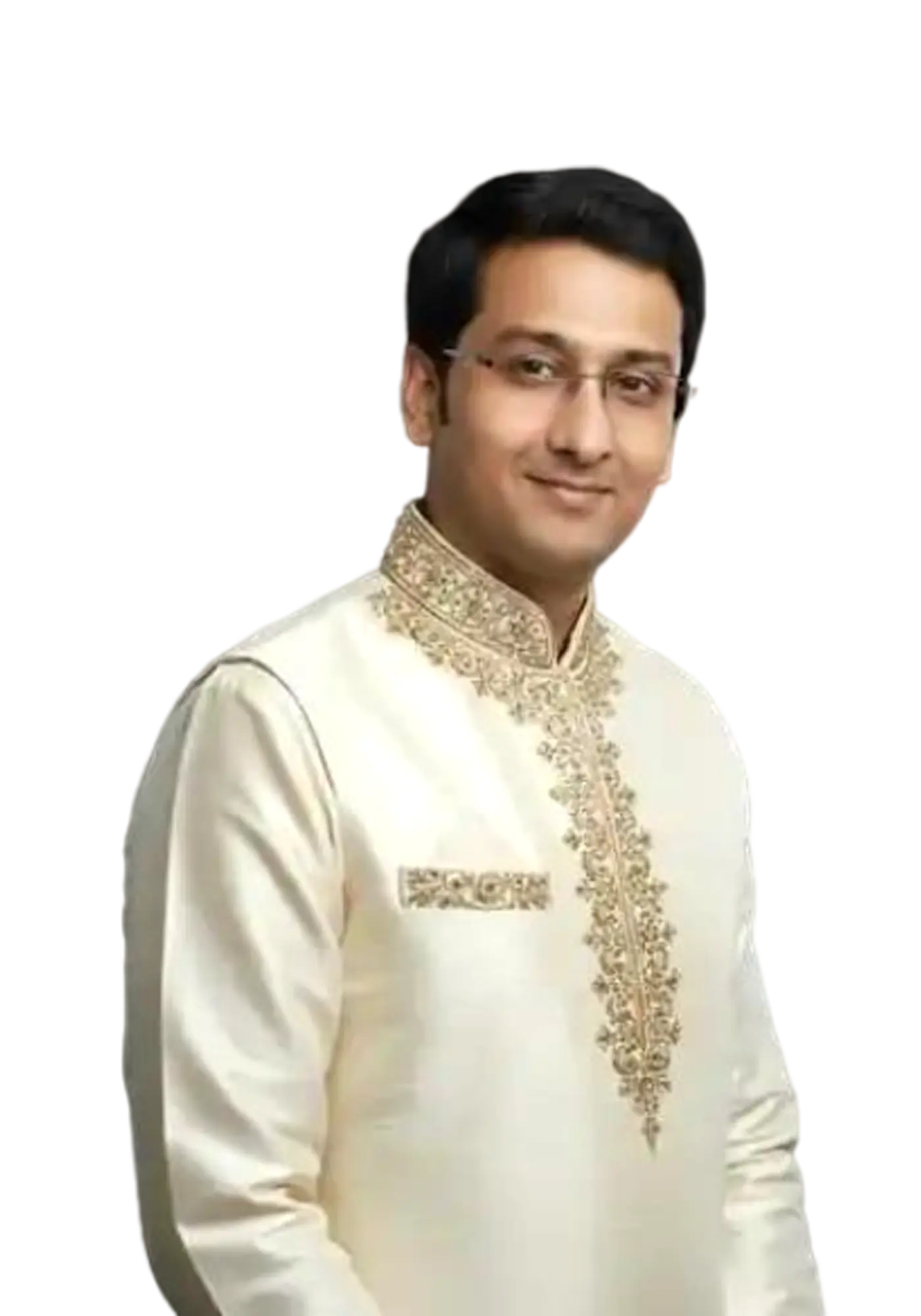
Astroger / Motivator
Prof. Sudipto Sastri
Vedic, KP, Astrology Consultation & Remedies
Contact for Consultancy on
- Vedic Astrology
- KP Astrology
- Palmistry
- Gem Therapy
- Astro Remedies
- Career Consultation
- Marriage Matchmaking

Looking for Guranteed Astrological Remedy?
Consult with the best Astrologer
Prof. Sudipto Sastri
The Guiding Light
In Hindu astrology, Jyotisha—derived from the Sanskrit word “jyótis”, meaning “light” or “heavenly body”—is regarded as the ancient science of light. Tracing its origins to the Vedic era, Jyotisha is one of the oldest spiritual sciences, dedicated to understanding how celestial and astral patterns shape an individual’s destiny.
The philosophy of Jyotisha emphasizes the interconnectedness of all existence, both within this world and beyond. It asserts that a person’s destiny is governed by karma—the accumulated actions of past, present, and future—operating in a continuous, cyclic form. The human body is regarded merely as a vessel, while the soul journeys across lifetimes, inhabiting different bodies at different times and places. Vedic astrology draws a parallel between birth and the blossoming of a flower—both are bound by time, season, and the presence of optimal conditions.
Horoscope is the Key
In Jyotish Vidya, the science of light, an individual’s horoscope is the cornerstone of Vedic astrology. Often described as a cosmic roadmap, the horoscope provides deep insights into a person’s personality, karma, and destiny, enabling astrologers to deliver accurate and meaningful predictions.
A Vedic horoscope is carefully prepared using the exact time, date, and place of birth. This chart reflects the planetary positions at that moment, which define the individual’s dasha—a unique timeline of life phases that governs experiences and events. While the planets, zodiac signs, and houses reveal what is likely to happen, the dasha explains when it is most likely to occur.
Unlike Western astrology, which focuses primarily on sun signs, Vedic horoscope reading offers a far more detailed and personalized analysis. The interpretation begins with the ascendant (the rising sign on the eastern horizon at birth), which sets the foundation for the entire horoscope. From there, the positions of planets and stars uncover personality traits, karmic influences, and one’s spiritual and material journey.
This is why the best Vedic astrologers in India emphasize horoscope analysis as the first and most important step in understanding a person’s life path. A professionally prepared and accurately read horoscope is not just a chart—it is a powerful guide to self-discovery, decision-making, and unlocking the deeper meaning of one’s destiny.
Why Vedic Astrology
Western astrology focuses on the positions of the planets and their influence on human life. Originating around 2,000–3,000 years ago with the Greeks, it is based on the belief that the Sun, as the center of the solar system, shares a profound connection with Earth. The Sun’s impact on the Tropics of Cancer and Capricorn is thought to influence all living beings on the planet. For this reason, Western astrology is also referred to as Tropical astrology.
In this system, the astrological year begins around March 22, coinciding with the onset of spring and the Vernal Equinox—a day when daytime and nighttime are of equal length. Aries, considered the first sign of the zodiac, is positioned during this period, followed by the remaining signs. Although the Romans later declared January 1 as the start of the new year, this convention holds no astrological relevance.
In contrast, Vedic astrology is far older—dating back nearly 5,000 years—and differs fundamentally from the Western approach. Instead of relying on the Earth’s relationship with the Sun, Vedic astrology uses the sidereal zodiac, based on fixed stars and constellations, to calculate planetary movements. This system incorporates the concept of Ayanamsha—the gradual shift of Earth’s axis over time. Each year, the equinoxes move forward by nearly one minute due to the constant motion of celestial bodies, leading to a loss of one full day approximately every 72 years. Vedic astrology accounts for this adjustment by recalibrating the twelve zodiac signs, ensuring predictions remain accurate and aligned with cosmic reality.
Importance of Vedic Astrology
According to Prof. Sudipto Sastri, one of the best astrologers in India, Vedic astrology is a highly refined and advanced system of astrological science, strengthened by deep knowledge and time-tested techniques. This ancient discipline continues to evolve in harmony with the ever-changing world, making its guidance both timeless and relevant. Unlike mathematics, where results are universally accepted without question, astrology requires individuals to place faith in its measures and interpretations, and to follow its insights sincerely. With the right wisdom and authentic knowledge, Vedic astrology can serve as a guiding light, empowering individuals to shape a brighter and more fulfilling future.
